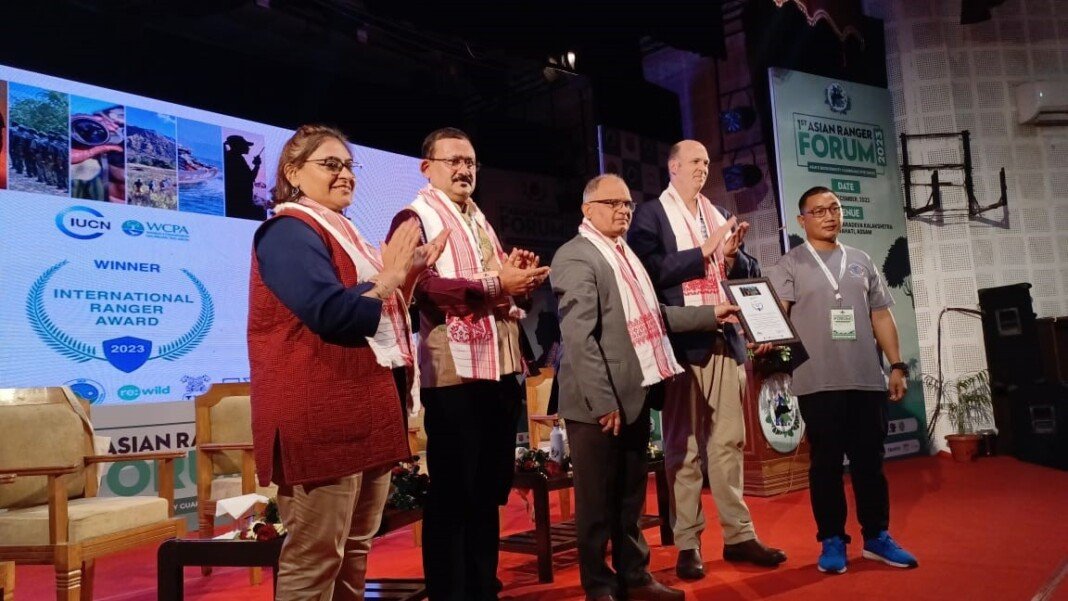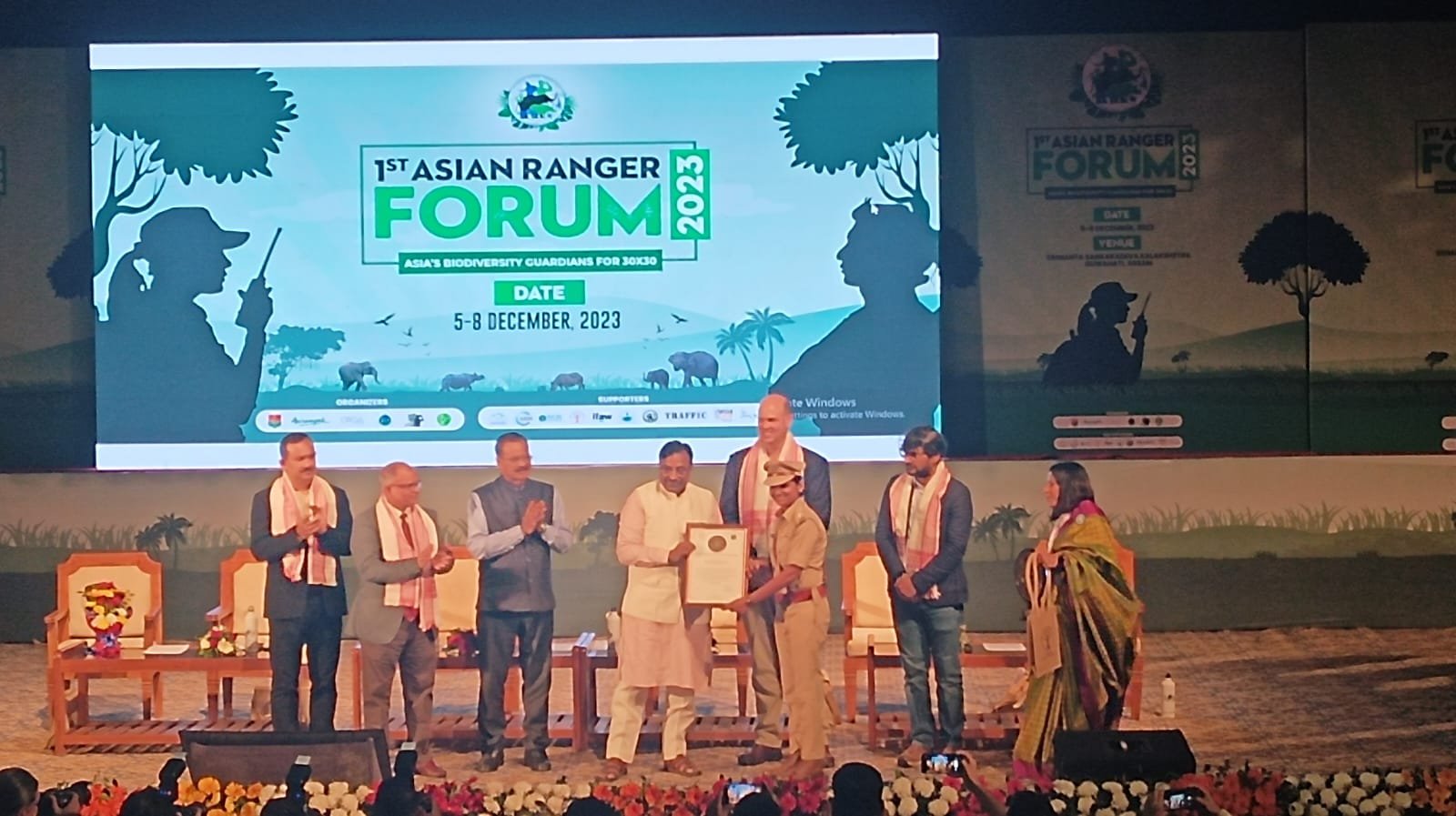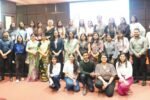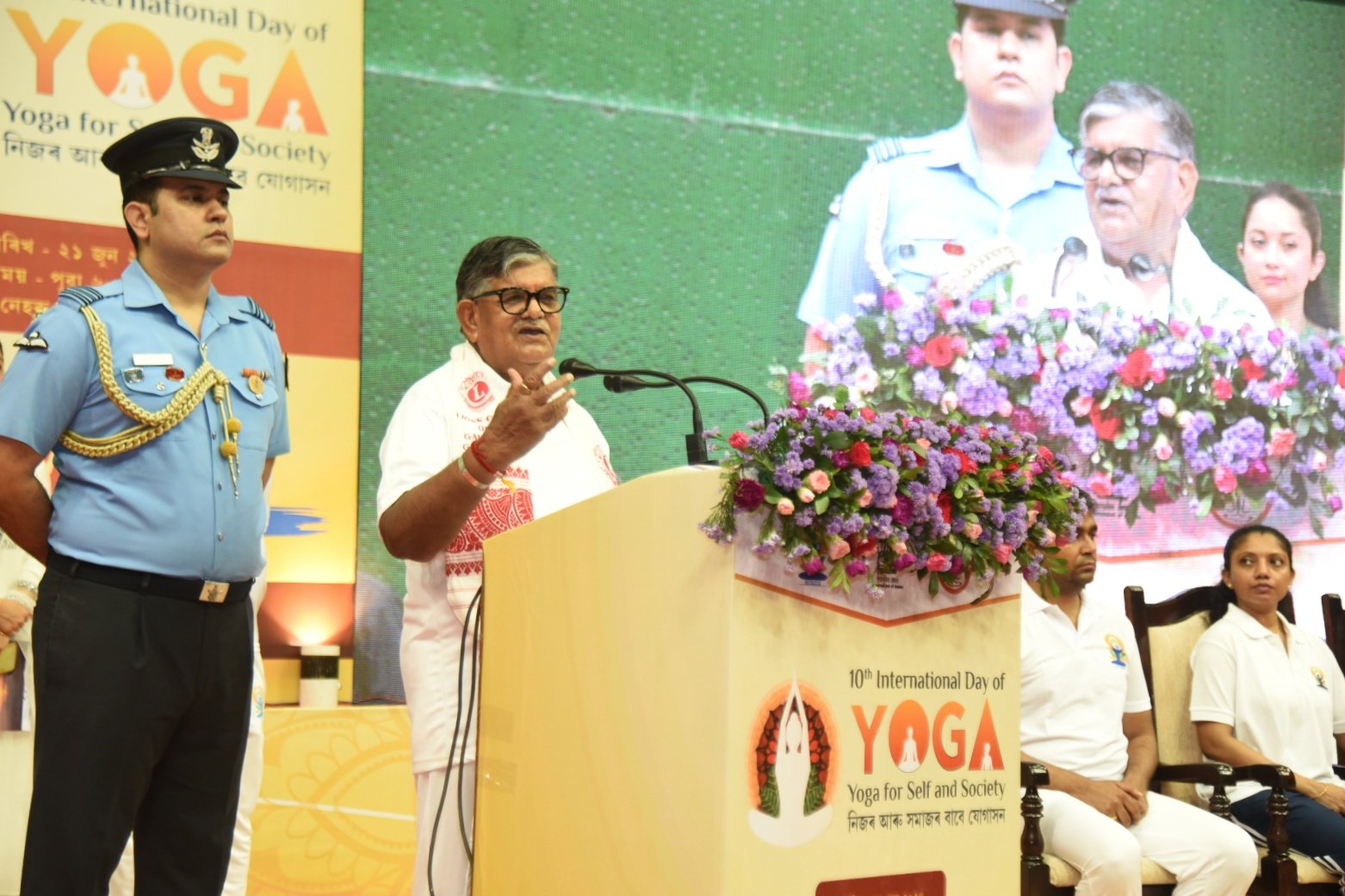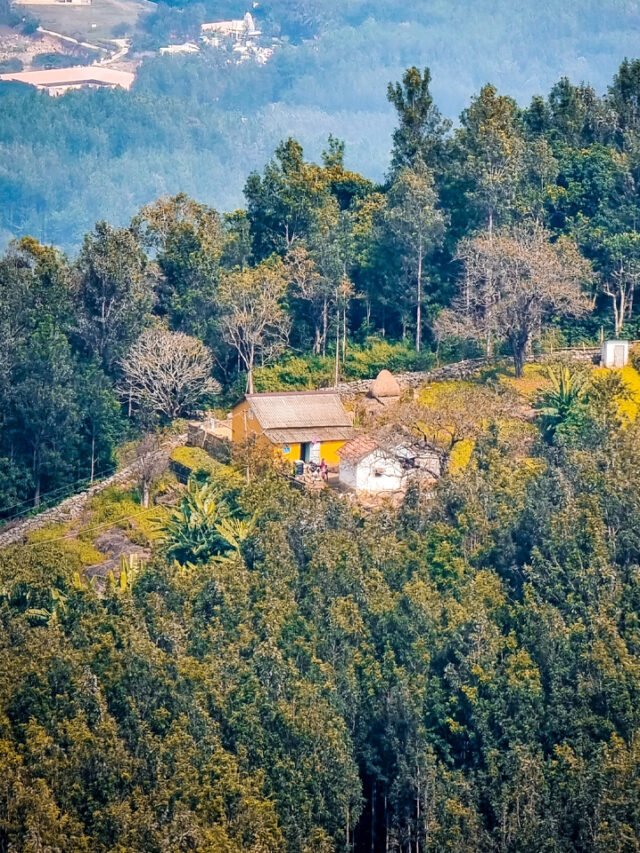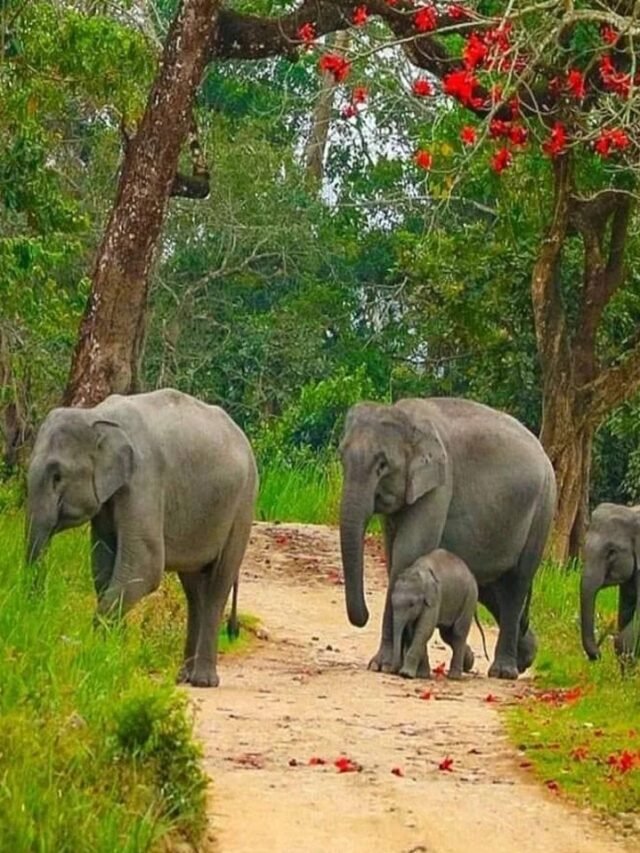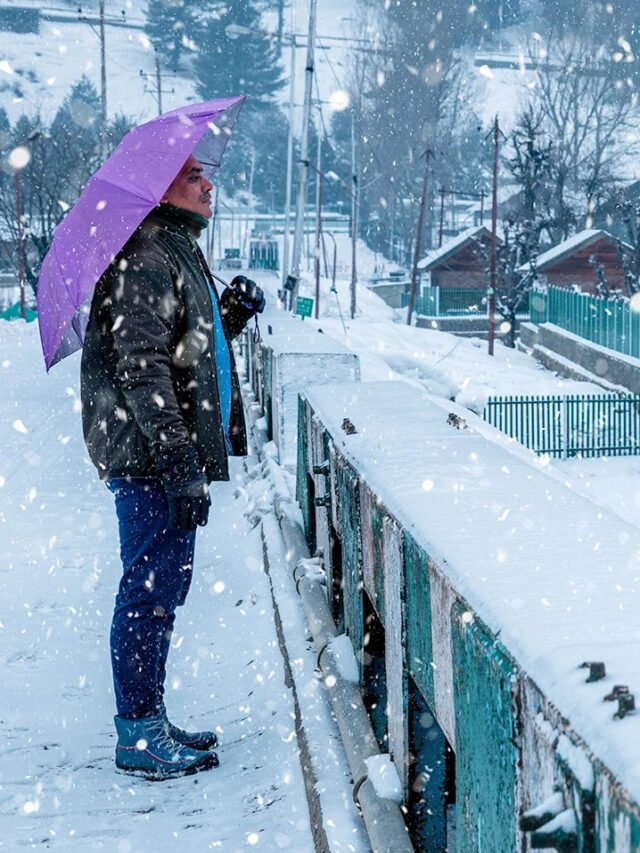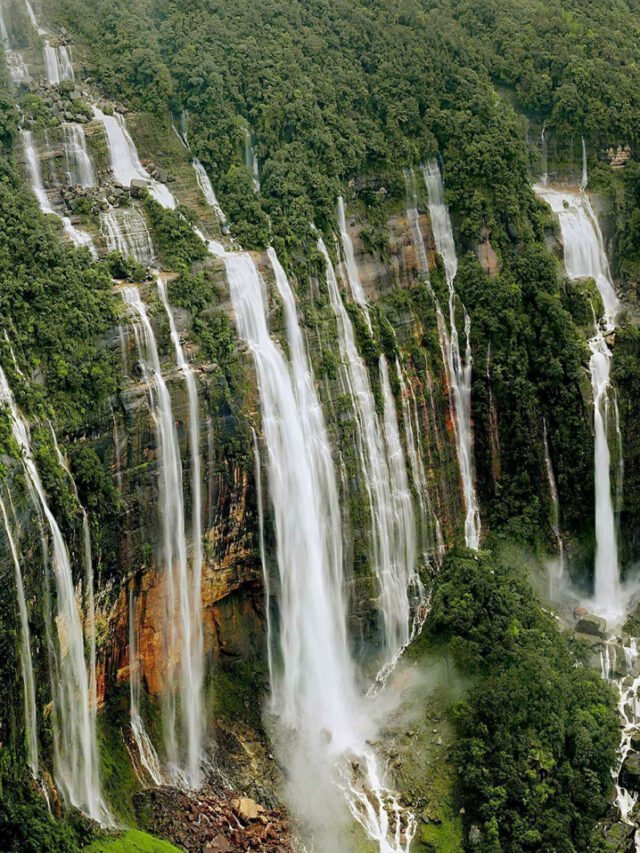HT Bureau
GUWAHATI, Dec 8: The First Asian Ranger Forum (ARF) concluded in Guwahati with a resounding call to the international community, governments, and organisations to work towards building an inclusive ranger workforce. The Guwahati Declaration, issued at the end of the forum, emphasised the importance of an inclusive ranger force for the effective protection of global biodiversity.
Recognising that Asia is home to 70% of the world’s indigenous people, the Guwahati Declaration stressed the vital role played by indigenous people, local communities, women, and other under-represented groups in effective protected and conserved area management. The declaration highlighted the need to improve access to equal opportunities for ranger employment without discrimination, implement anti-discrimination training, policies, and monitoring systems, and create support structures and pathways to promotion for under-represented groups in the ranger workforce.
The Guwahati Declaration stated, “Asia is a highly biodiverse region, yet it has lost half of its natural capital in the last 50 years alone. Rangers serve as critical biodiversity guardians, safeguarding Asia’s rich wildlife and ecosystems and enabling the achievement of the Global Biodiversity Framework’s target of effectively conserving and managing 30% of the planet’s landmass by 2030 (30 by 30).”
The closing function of the ARF featured MK Yadava, IFS, PCCF and Head of Forest Force (HoFF), Assam, who praised the efforts of forest rangers worldwide and emphasised the impact of climate change on wildlife and communities in the fringes of protected areas. The newly elected committee of the Ranger Federation of Asia was announced during the event, with Bunty Tao from India as president and Manav Khadka from Nepal as vice president.
Chris Galliers, president of the International Ranger Federation, announced the IUCN WCPA Rangers Award, recognising the efforts of rangers working tirelessly for conservation and protection. The ARF, held from December 5 to December 8, saw 146 participants from 20 countries, including 89 active rangers, coming together to discuss critical issues related to biodiversity conservation.


